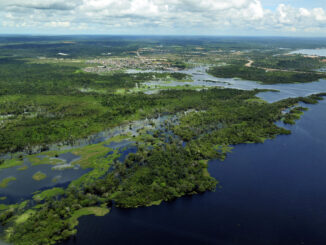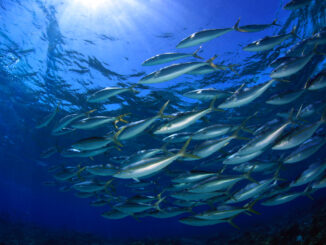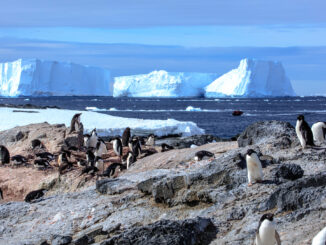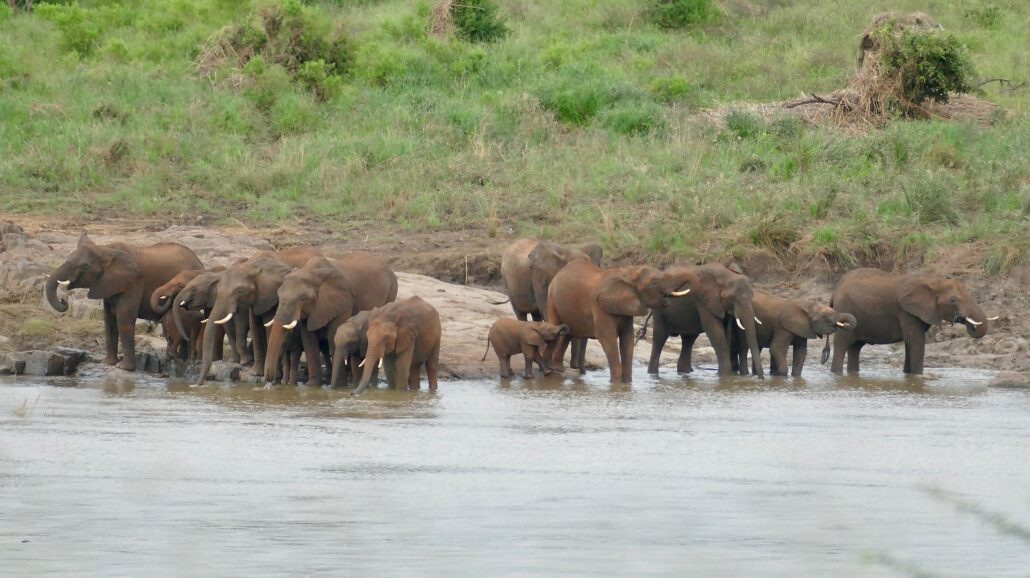
Managers of protected areas will be watching the start of this week’s climate change negotiations in the Middle East closely with great anticipation, but very few real expectations.
The latest Conference of Parties to the United Nations Framework Convention on Climate Change kicks off this week. Climate negotiations in Dubai, United Arab Emirates are scheduled to run from November 30 until December 12.
Evidence is mounting that global warming is having an enormous impact on protected lands and waters across the globe—glaciers are gradually receding at high-latitude parks, wildfires are becoming more frequent at protected forests, and rising ocean temperatures threaten coral wonders like Australia’s Great Barrier Reef.
This year’s round of talks at COP28 will feature the first Global Stocktake, a general review of how closely countries have lived up to any commitments made under the 2015 Paris Agreement. Diplomats will also discuss where the money for a forthcoming “loss and damages” fund will come from. The fund is meant to help developing nations cope with climate-linked natural disasters.
Though hopes are high as usual, experts caution that the eventual outcome will likely disappoint, especially given the fact that COP28’s host nation became wealthy off the sale of fossil fuels.
New pledges will likely be made, but Australian National University professor Mark Howden said they likely won’t be enough to bring the world on track toward keeping average global temperature increases below 2 degrees or 1.5 degrees Celsius.
“Our current sets of policies are completely inconsistent with either achievement of the 2-degree or 1.5-degree goal,” said Howden, who also serves as the director of ANU’s Institute for Climate, Energy, and Disaster Solutions. “The net zero pledges of many countries are simply not credible.”
Last week, United Nations Secretary-General António Guterres traveled to Antarctica in a bid to raise COP28’s public profile and draw more attention to the ever-worsening global warming challenge. According to the World Meteorological Organization, the extent of Antarctic sea ice is now at a record low—roughly 1.5 million square kilometers less than is usually the case during the Antarctic summer.
Guterres warned that there are clear signs of continental ice melting off Antarctica contributing to rising sea levels. “What happens in Antarctica doesn’t stay in Antarctica,” he said. “And what happens thousands of miles away has a direct impact right here.”
Several world leaders, including Guterres, are slated to participate in the World Climate Action Summit happening on the sides of COP28 negotiations. The two-day round of speech-making and multilateral talks are scheduled for December 1 and 2.
Professor Jacqueline Peel, director of Melbourne Climate Futures at the University of Melbourne, told reporters in a briefing that the real action will likely occur during the Global Stocktake exercise, a time for governments to try to convince one another that they are doing enough to limit the release of heat-trapping greenhouse gases into the atmosphere.
“The Global Stocktake is really an essential part of the Paris Agreement framework,” said Peel. “It’s designed to collectively assess progress towards meeting the goals of the agreement, and the idea is the reports and the response helps to ratchet up the ambition of countries’ efforts to address climate change.”
Meanwhile, scientists continue to detect global warming’s effects on the world’s national, provincial, and state parks, and on global marine protected areas.
So far this year, new published research shows that climate change is impacting the timing of the peak foliage season at Acadia National Park in Maine, United States. Another study explores how climate change modeling can be used to predict the rising risk of heat stroke for visitors to Grand Canyon National Park. Other research examines the rising risk of floods at parks in South Africa and how flooding disasters could hit tourism at these destinations.
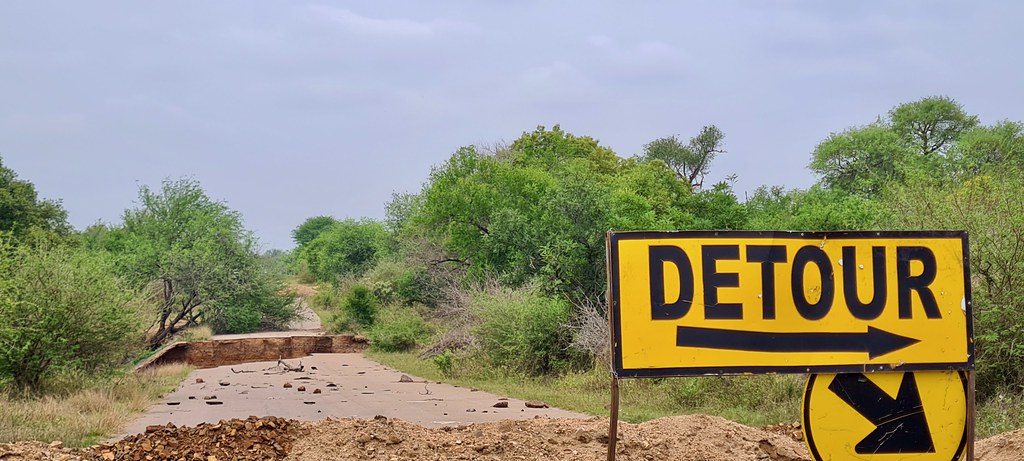
That last item could prove one of many studies used to underscore the necessity of fully funding and operationalizing a new climate loss and damages fund for poorer nations to tap into when needed.
“That’s really set up to provide access to resources for countries that are particularly vulnerable to the impact of climate change, to deal with the impact of climate disasters,” Peel said. She predicted that negotiations on a loss and damages fund will prove contentious given that nations have made little progress on the issue in the run-up to COP28, especially on “where and from whom the money will come.”
There’s also been little progress on talks toward countries’ agreeing to eventually phase out or phase down fossil fuel use. Howden predicted little progress on this front given the nature of the host country.
He added that it may also be time for developed nations with rapidly rising populations, such as Australia, to seriously consider how mass immigration may threaten to derail any progress on emissions reduction targets or controls.
“Rapidly increasing population makes emissions reductions harder,” Howden said. “At a minimum, it makes them harder.”
Last week, the UN Environment Program issued the latest Emissions Gap Report, its 14th such report. UNEP warns that the world will likely see average global temperatures rise by nearly 3 degrees Celsius at countries’ current Paris Agreement emission reduction targets. The agency’s scientists estimate that by 2030 global emissions will have to fall by 28 percent to keep the average global temperature increase below 2 degrees Celsius and by a whopping 42 percent to keep temperatures from rising no more than 1.5 degrees Celsius.
©2025 Public Parks

